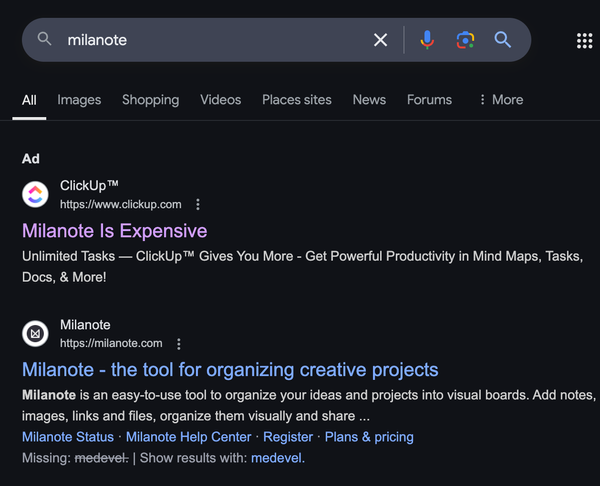All You Need To Know Before Getting Medicare
Table of Content
Medicare is a government health insurance program that provides coverage to people over the age of 65, as well as those with disabilities. It can be a great option for those who are looking for affordable healthcare coverage. However, there are a few things you need to know before getting Medicare. In this blog post, we will discuss all the important details you need to know about Medicare. We will also provide some tips on how to enroll in the program. So, if you are thinking about getting Medicare, make sure to read this post!
1. Medicare covers both inpatient and outpatient services:
Medicare covers both inpatient and outpatient services, meaning that you will be able to receive treatment at hospitals, clinics, and doctor's offices. This coverage provides peace of mind for many people who are worried about how they will pay for medical care. This includes treatment for illnesses, injuries, and accidents. Also, Medicare will typically cover up to 100% of the cost of hospital services and 80% of other medical care costs. For example, you may only have to pay a co-pay when you go to the doctor's office.
2. Medicare is not free:
While Medicare can be a great option for those who need affordable health insurance, it is important to note that there are premium costs associated with the program. These premiums will depend on your income and whether you choose to enroll in Original Medicare or in a private plan offered by Medicare. However, many people find that paying these premiums is well worth the cost of having comprehensive medical coverage. This means that you will not have to worry about paying expensive medical bills if you need to see a doctor or go to the hospital.
3. Medicare offers different plans:
Medicare offers several different types of coverage plans, each designed to suit the individual needs of patients. There are four main parts to Medicare - Part A covers inpatient care in hospitals, skilled nursing facilities, and hospice care; Part B covers outpatient services including doctor visits and preventative services; Part C refers to plans available through private insurers that provide supplemental coverage for your original Medicare benefits, and Part D refers to prescription drug coverage provided by private insurance companies. There is also the 8-minute rule which dictates which plans you can enroll in. You can check this guide if you are interested in learning more about this plan. So, it is important to take some time to research the different types of coverage available and find a plan that fits your needs.
4. You can enroll at any time:
If you are thinking about getting Medicare, it is important to know that there really isn't an "enrollment period". This means that you can sign up for Medicare at any time of the year, provided that you are eligible. Be sure to speak with your doctor or a Medicare representative about your eligibility and options for enrollment. For instance, if you are nearing retirement age, it may be a good idea to start thinking about enrolling in Medicare.
5. You need to be at least 65 years old or older in order to qualify for Medicare:
In order to qualify for Medicare, you must be at least 65 years old or older. If you have a disability, you may still qualify for coverage if your disability started before turning 26 years old. However, it is important to note that there are some exceptions made for people who are under 65 but have specific disabilities or serious conditions. So, it is best to consult with an expert from the government about your eligibility before enrolling in this program.
6. You can choose between Original Medicare and Medicare Advantage plans:
There are two main types of Medicare - Original Medicare and Medicare Advantage plans. With Original Medicare, you will typically receive coverage through the government-administered program. This includes Part A, which covers inpatient services (such as hospital treatment), and Part B, which covers outpatient care (such as visits to your physician's office). These benefits are paid for directly by the federal government, so there is no additional monthly premium beyond your normal Social Security taxes that go into the system. However, with an Advantage plan from a private company, you will usually have to pay a monthly premium in addition to your monthly Medicare taxes.

If you are thinking about getting Medicare, it is important to do your research ahead of time so that you can make an informed decision about enrolling in this program. Some key things that you need to know to include the cost of premiums and out-of-pocket expenses, as well as what different types of plans are available and whether your specific eligibility criteria allow you to enroll. Remember that it is essential to consult with a healthcare professional or representative from the government before making any decisions about your coverage. With the right information and planning, you can be sure to get the most out of your Medicare benefits!
.











